
Zakynthos: The Jewel of the Ionian Sea
Zakynthos, also known as Zante, is a stunning Greek island located in the Ionian Sea. Renowned for its vibrant nightlife, crystal-clear waters, and picturesque landscapes, this island is a haven for all types of travelers. From the moment you step off the plane, you'll be greeted by the warm Mediterranean sun and the aromatic scent of olive trees and flowering plants. One of the most iconic sights in Zakynthos is Navagio Beach, also known as Shipwreck Beach. Accessible only by boat, this secluded cove features a rusting shipwreck sitting on white sandy shores surrounded by towering limestone cliffs and turquoise waters. It's a must-visit for any tourist seeking an unforgettable photo opportunity and a slice of paradise. Beyond its natural beauty, Zakynthos offers a rich cultural experience. The main town, Zakynthos City, boasts charming Venetian architecture, lively squares, and a variety of shops and restaurants serving delicious Greek cuisine. Don't miss a visit to the Byzantine Museum or the historic Solomos Square, where you can delve into the island's fascinating history and culture. For those who love adventure, Zakynthos is a playground of activities. You can explore the Blue Caves by boat, go snorkeling or diving to discover the vibrant underwater world, or hike through lush landscapes to reach breathtaking viewpoints. The island is also famous for its conservation efforts, particularly in protecting the endangered loggerhead sea turtles, which you can observe at the National Marine Park in Laganas Bay. Whether you're looking for relaxation, adventure, or cultural enrichment, Zakynthos has something to offer every traveler. Its blend of natural beauty, historical significance, and warm hospitality makes it a top destination for a memorable Greek getaway.
Local tips in Zakynthos
- Visit Navagio Beach early in the morning to avoid crowds and capture the best photos.
- Rent a car or scooter to explore the island at your own pace and discover hidden gems.
- Try local delicacies such as 'pastitsio' and 'stifado' at traditional tavernas.
- Carry cash, as some smaller shops and restaurants may not accept credit cards.
- Visit during late spring or early autumn for pleasant weather and fewer tourists.
Zakynthos: The Jewel of the Ionian Sea
Zakynthos, also known as Zante, is a stunning Greek island located in the Ionian Sea. Renowned for its vibrant nightlife, crystal-clear waters, and picturesque landscapes, this island is a haven for all types of travelers. From the moment you step off the plane, you'll be greeted by the warm Mediterranean sun and the aromatic scent of olive trees and flowering plants. One of the most iconic sights in Zakynthos is Navagio Beach, also known as Shipwreck Beach. Accessible only by boat, this secluded cove features a rusting shipwreck sitting on white sandy shores surrounded by towering limestone cliffs and turquoise waters. It's a must-visit for any tourist seeking an unforgettable photo opportunity and a slice of paradise. Beyond its natural beauty, Zakynthos offers a rich cultural experience. The main town, Zakynthos City, boasts charming Venetian architecture, lively squares, and a variety of shops and restaurants serving delicious Greek cuisine. Don't miss a visit to the Byzantine Museum or the historic Solomos Square, where you can delve into the island's fascinating history and culture. For those who love adventure, Zakynthos is a playground of activities. You can explore the Blue Caves by boat, go snorkeling or diving to discover the vibrant underwater world, or hike through lush landscapes to reach breathtaking viewpoints. The island is also famous for its conservation efforts, particularly in protecting the endangered loggerhead sea turtles, which you can observe at the National Marine Park in Laganas Bay. Whether you're looking for relaxation, adventure, or cultural enrichment, Zakynthos has something to offer every traveler. Its blend of natural beauty, historical significance, and warm hospitality makes it a top destination for a memorable Greek getaway.
When is the best time to go to Zakynthos?
Iconic landmarks you can’t miss
Port of Zakynthos
The main port of Zakynthos, connecting the island to the mainland and other Ionian gems, with easy access to Zakynthos Town.
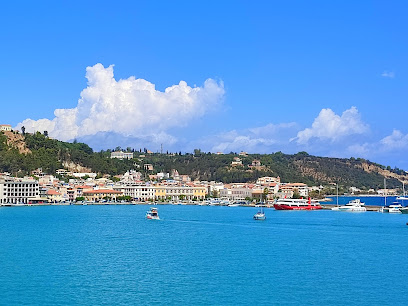
Navagio Beach Viewpoint
Capture the iconic view of Zakynthos' Shipwreck Beach from this stunning clifftop viewpoint. A must-see for photographers and nature lovers.
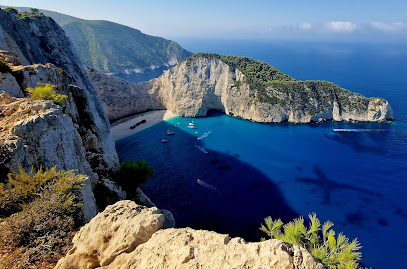
Blue Caves Zakynthos
Discover the magical Blue Caves of Zakynthos: swim in turquoise waters and explore stunning natural arches carved by the Ionian Sea.
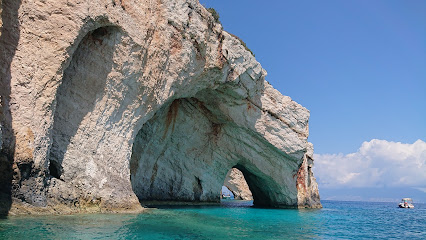
Porto Limnionas Beach
Escape to Porto Limnionas: Zakynthos' best-kept secret, where crystal waters meet dramatic cliffs for an unforgettable Ionian escape.
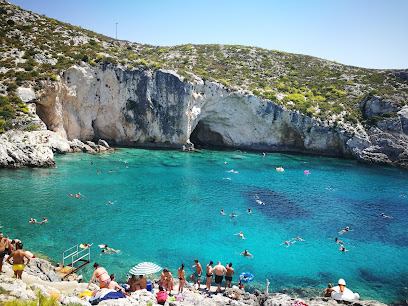
Panoramic View of Bohali
Experience Zakynthos from above: panoramic views, historic charm, and breathtaking sunsets await at Bohali's scenic viewpoint.
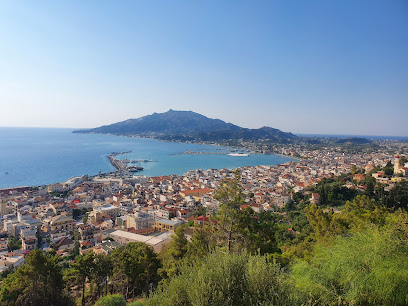
Banana Beach
Discover Banana Beach: Zakynthos's longest sandy beach with crystal clear waters, perfect for families and water sports enthusiasts!
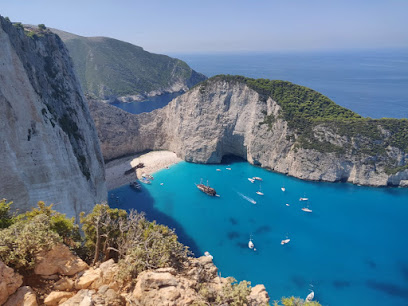
Cameo Island
Discover Cameo Island: Zakynthos's enchanting islet with crystal waters, perfect for swimming, snorkeling, and unforgettable weddings.
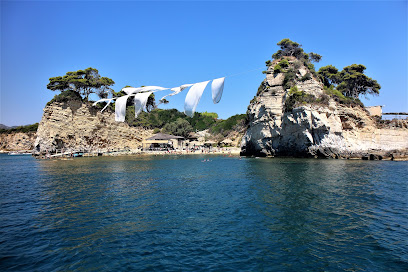
St. Nicholas Beach
Experience thrilling watersports and serene relaxation at St. Nicholas Beach, Zakynthos's family-friendly coastal gem with crystal-clear waters.
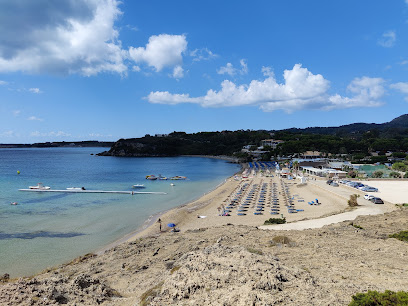
Callinico Winery museum
Discover Zakynthos's winemaking heritage at Callinico Winery Museum: a family tradition since 1918. Explore, taste, and experience the island's best wines.
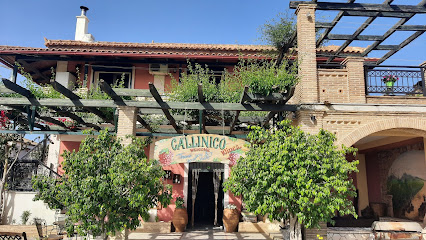
Anafonitria monastery
Discover the Anafonitria Monastery in Zakynthos: a historic sanctuary, home to ancient frescoes and the story of Saint Dionysios, the Saint of Forgiveness.
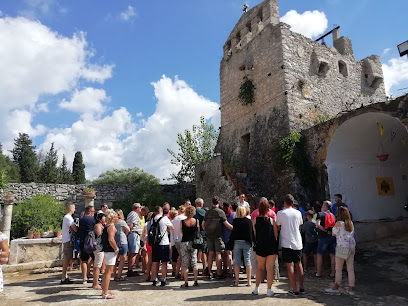
Marathonisi Caves
Discover the breathtaking Marathonisi Caves in Zakynthos, a natural paradise for swimming, snorkeling, and turtle spotting in crystal-clear waters.
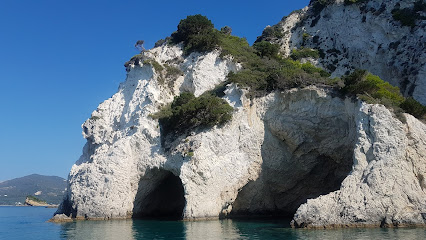
National Marine Park of Zakynthos
Discover Zakynthos' National Marine Park: A sanctuary for Loggerhead turtles, diverse wildlife, and pristine Mediterranean ecosystems.
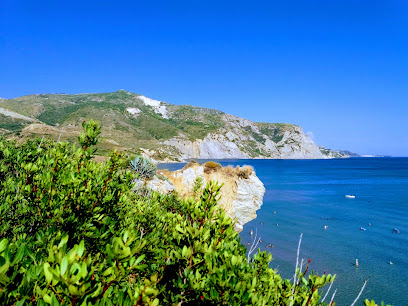
Argássi Bridge
A picturesque Venetian-era bridge in Argassi, Zakynthos, offering a glimpse into the island's history and a perfect photo opportunity.
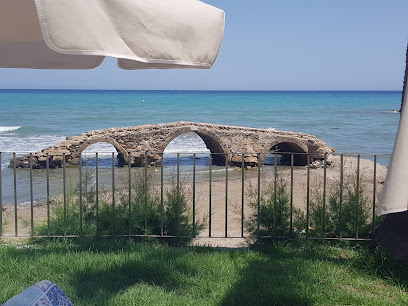
Alykes beach
Golden sands & shallow waters await at Alykes Beach, a family-friendly Zakynthos paradise with watersports & charming village vibes.
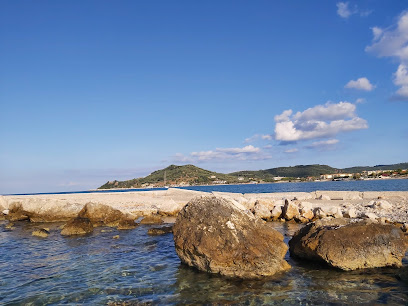
Scenic Viewpoint
Experience Zakynthos' stunning beauty from Keri Scenic Viewpoint: panoramic Ionian Sea views, dramatic cliffs, and unforgettable sunsets.
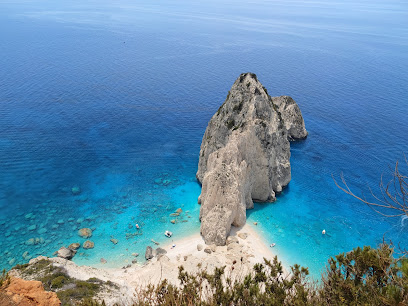
Unmissable attractions to see
Navagio
Discover Navagio Beach: Zakynthos' iconic Shipwreck Cove with turquoise waters, dramatic cliffs, and the intriguing story of the MV Panagiotis.
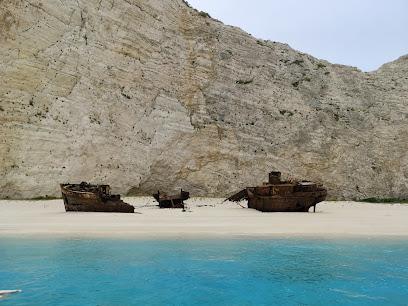
Navagio Beach Viewpoint
Witness the iconic Shipwreck Beach from above: stunning panoramic views of Zakynthos' most famous cove.
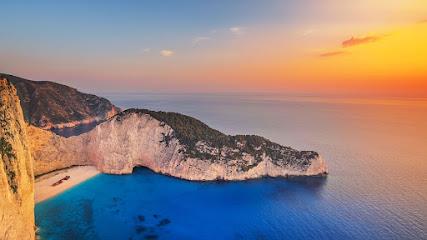
Gerakas Beach
A protected beach on Zakynthos' southern coast, where golden sands meet turquoise waters and endangered loggerhead turtles find a safe haven.
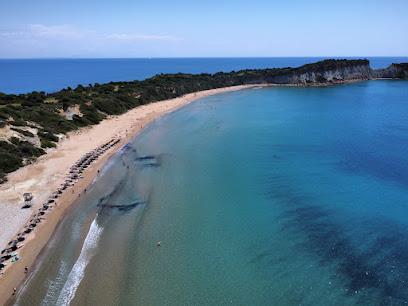
Blue Caves Zakynthos
Discover the mesmerizing Blue Caves of Zakynthos: Swim in vibrant turquoise waters and explore stunning natural arches along the island's coast.
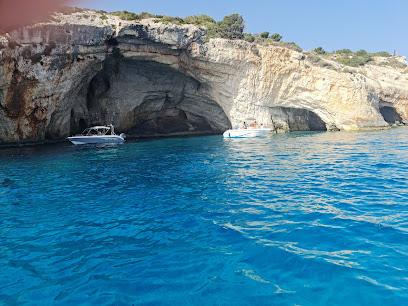
Porto Limnionas Beach
Discover Porto Limnionas: Zakynthos's hidden cove with turquoise waters, dramatic cliffs, and serene swimming and snorkeling experiences.
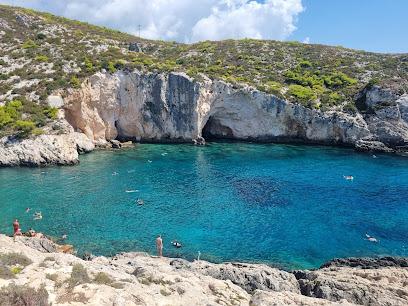
Keri Beach
Discover Keri Beach in Zakynthos: a peaceful haven with turquoise waters, stunning caves, and breathtaking sunsets. Perfect for relaxation and exploration.
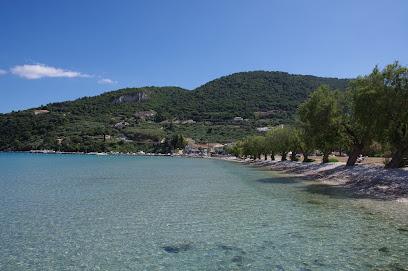
Panoramic View of Bohali
Experience breathtaking panoramic views of Zakynthos Town and the Ionian Sea from the historic village of Bochali.
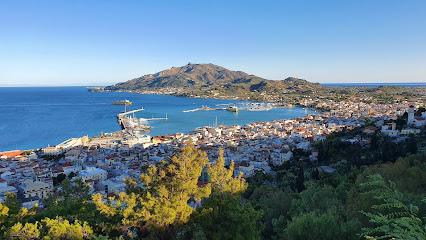
Cameo Island
Discover Cameo Island: Zakynthos's stunning islet with a wooden bridge, crystal waters, and a romantic atmosphere for unforgettable moments.
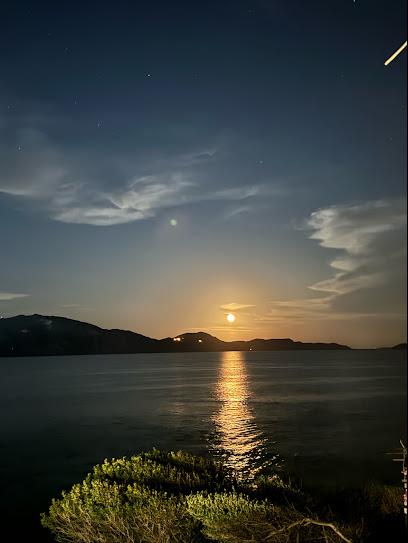
Old Olive Tree
Discover Zakynthos' ancient heritage at Exo Chora's Old Olive Tree, a symbol of resilience and a timeless connection to the island's past.
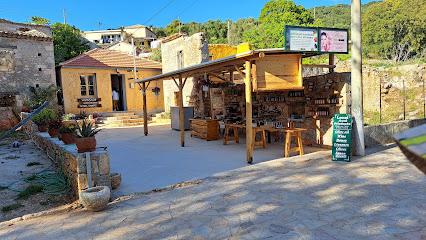
Banana Beach
Discover Banana Beach in Zakynthos: golden sands, crystal waters, exciting water sports, and lively beach bars await!
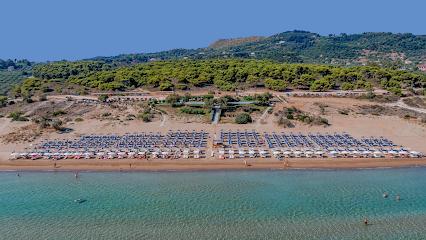
Laganas Beach
Experience the vibrant shores of Laganas Beach in Zakynthos, a lively resort with golden sands, turquoise waters, and protected sea turtle nesting grounds.
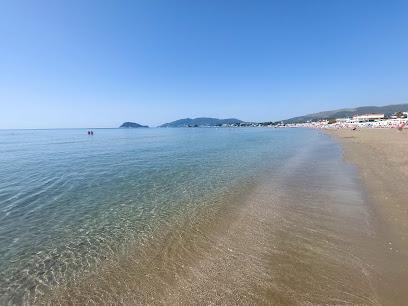
Olive Press Museum Zante
Explore the history of olive oil production at this Zakynthos museum, offering tastings and insights into traditional methods and Mediterranean culture.
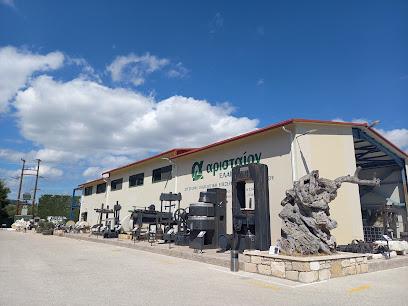
Porto Vromi Maries
Discover Zakynthos' iconic Shipwreck Beach and Blue Caves with boat tours departing from the scenic Porto Vromi Maries harbor.
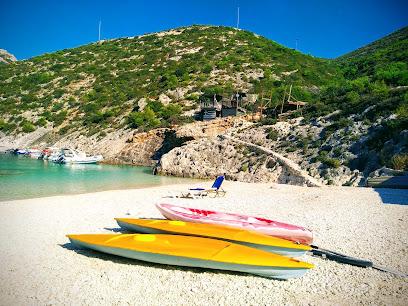
Skala Beach
Discover Kefalonia's alluring Skala Beach: sun-kissed shores, crystal waters, and a blend of relaxation and adventure await!
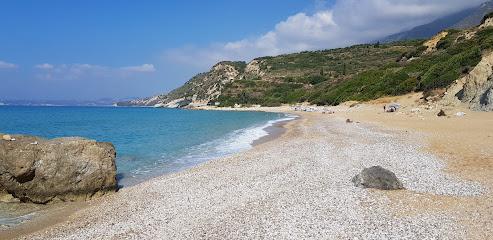
Makris Gialos Beach
Discover Makris Gialos Beach in Zakynthos: Crystal waters, stunning rock formations, and a peaceful escape await on the island's northeast coast.
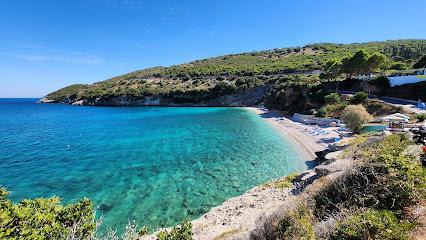
Essential places to dine
Spartakos Taverna Zakynthos
Savor exquisite seafood and traditional Greek flavors at Spartakos Taverna in Zakynthos – where every meal is a celebration of Mediterranean cuisine.
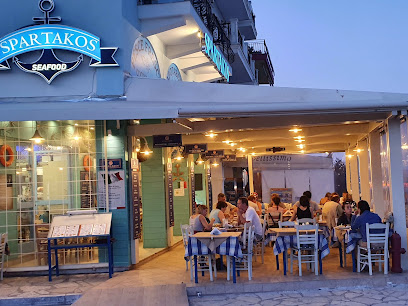
Porto Limnionas Tavern
Experience authentic Greek flavors at Porto Limnionas Tavern in Zakynthos - where breathtaking views meet exquisite cuisine.
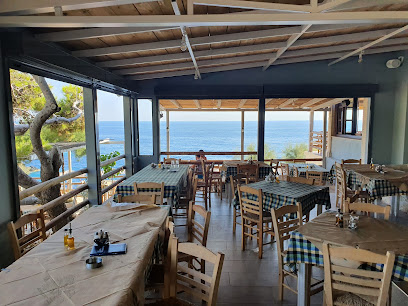
Sunset Michali's Taverna
Savor authentic Greek flavors while enjoying breathtaking sunsets at Sunset Michali's Taverna in Zakynthos.
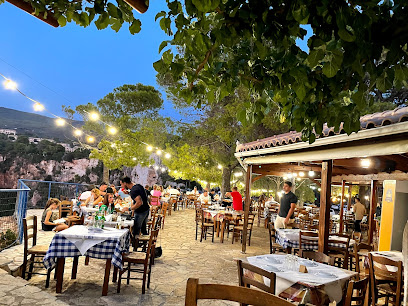
Madisons
Experience the best of Greek cuisine at Madisons in Zakinthos - where every meal is a celebration of flavor and hospitality.
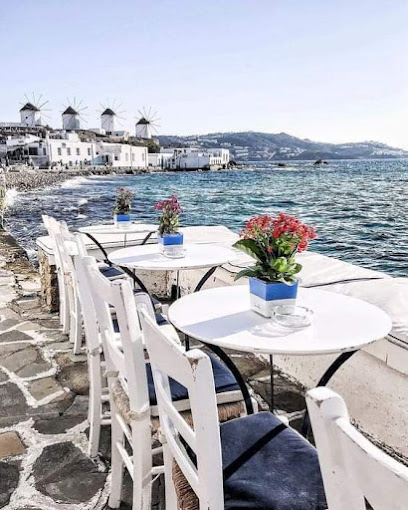
Grecos
Savor the rich tastes of Greece at Grecos, where every meal is crafted with tradition and passion in beautiful Zakynthos.
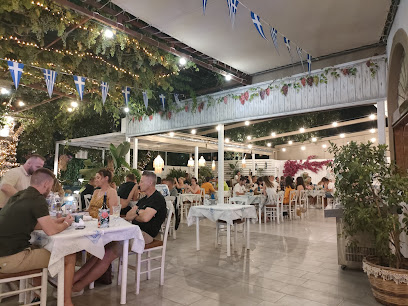
Ole Ole restaurant
Experience authentic Mediterranean flavors at Ole Ole Restaurant in Ag. Sostis, Zakynthos - where every meal is a culinary journey.
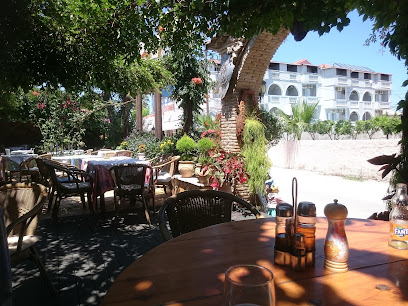
Yard of Taste
Experience the exquisite flavors of Greece at Yard of Taste, where traditional meets contemporary in a vibrant dining atmosphere.
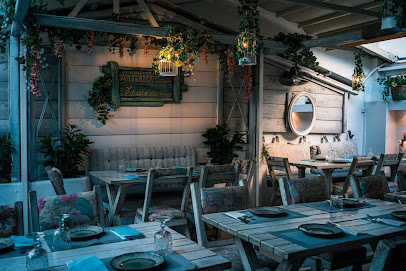
Thymalos
Discover the rich flavors of Greece at Thymalos in Zakinthos—where every meal is a celebration of authentic cuisine.
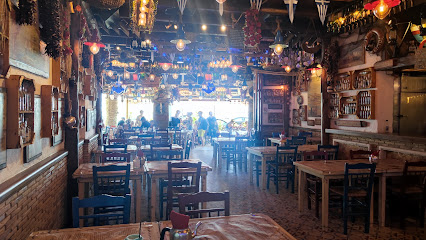
Taverna Xigia
Discover authentic Greek flavors at Taverna Xigia in Zakynthos – where culinary excellence meets stunning coastal views.
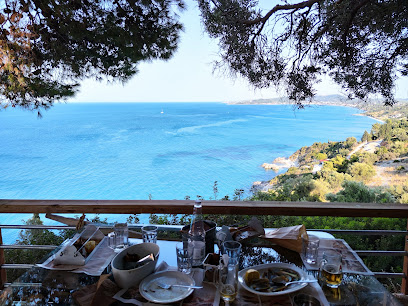
TAVERNA AKROTIRI
Discover Taverna Akrotiri: A haven for authentic Greek flavors nestled in the heart of Akrotiri.
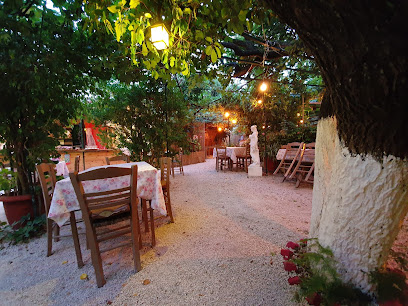
Filoxenia Restaurant
Experience authentic Greek flavors at Filoxenia Restaurant in Laganas - where every dish tells a story.
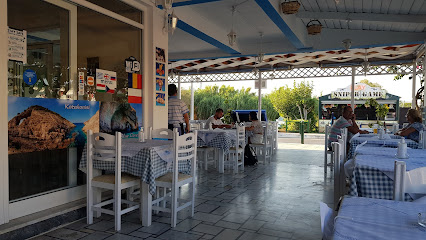
Ammos Taverna
Discover authentic Greek flavors at Ammos Taverna in Zakinthos - where tradition meets taste in every dish.
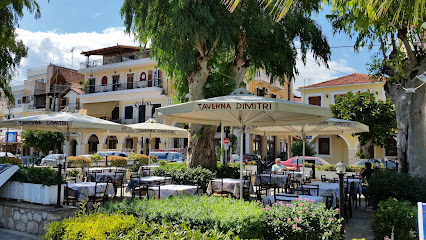
Alesta
Experience exquisite Mediterranean cuisine at Alesta in Zakinthos - where every dish tells a story of flavor and tradition.
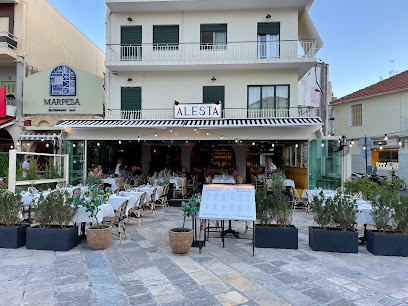
Eat Greek
Experience authentic Greek flavors at Eat Greek in Laganas—where every meal is a celebration of culture and taste.
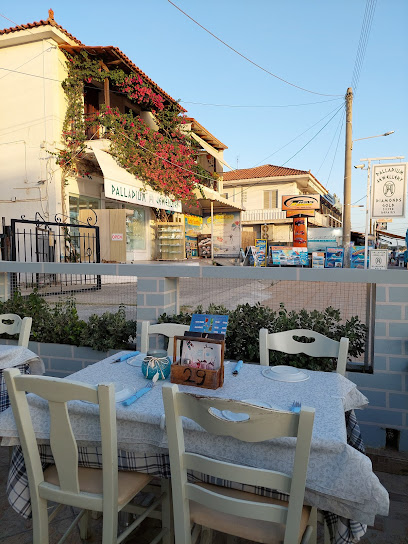
Καντούνι εστιατόριο
Discover the essence of Greek cuisine at Καντούνι εστιατόριο in Zakinthos - where every meal is a celebration of flavor and tradition.
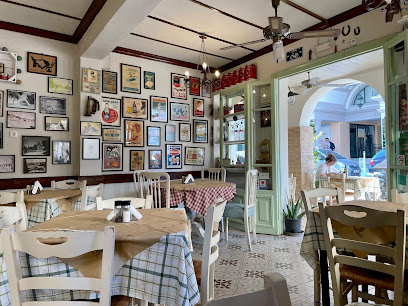
Markets, malls and hidden boutiques
Hondos Center
Explore the beauty of Zakinthos at Hondos Center, your one-stop cosmetics destination for both local and international brands.
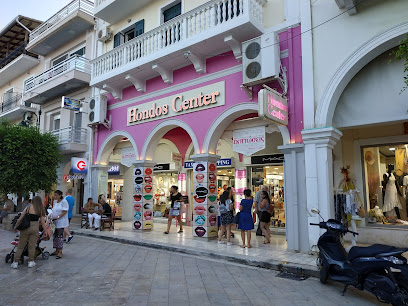
Isola Boutique (Womenswear)
Discover the essence of Greek fashion at Isola Boutique, where elegance meets contemporary style in the heart of Zakinthos.
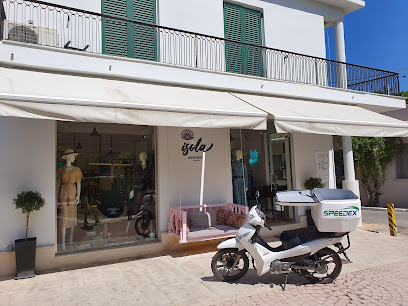
Bon Voyage
Discover unique styles and chic fashion accessories at Bon Voyage, Zakinthos' premier women's clothing store.
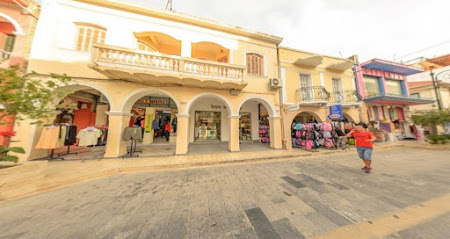
Anamnesia Zakynthos
Discover unique souvenirs, clothing, and local products at Anamnesia Zakynthos, the perfect shopping destination on your Greek island adventure.

Πλαίσιο
Explore the charm of Zakinthos at Πλαίσιο, where unique Greek crafts and souvenirs await every traveler.
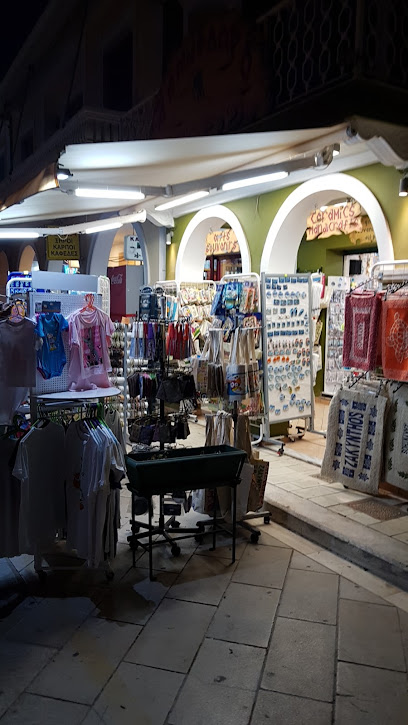
VENUS Tourist Shop
Explore Venus Tourist Shop in Planos for stylish clothing and unique souvenirs that capture the essence of Greece.
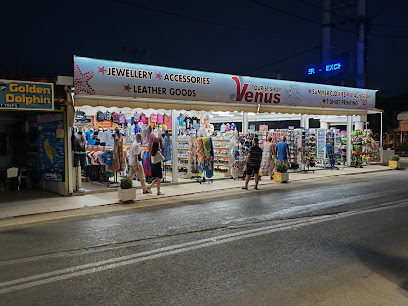
Yria handmade
Explore Yria Handmade, a charming boutique that showcases exquisite handmade clothing and accessories, embodying the spirit of Greek craftsmanship.
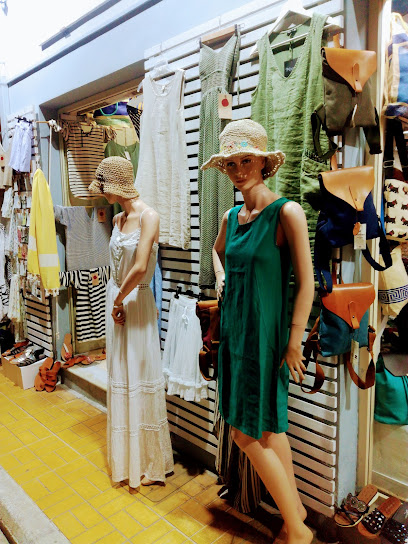
Athinodōoro
Discover unique souvenirs and handmade crafts at Athinodōoro, the perfect stop in Zakinthos for authentic Greek treasures.
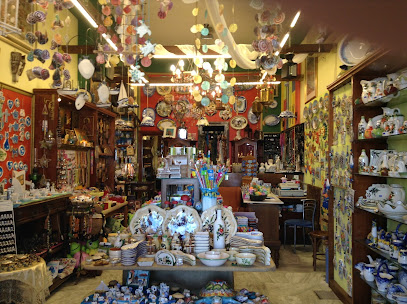
mirabilia shop
Explore Mirabilia Shop in Zakinthos for vintage clothing, unique fashion accessories, and exquisite local embroidery—perfect for souvenirs and gifts.
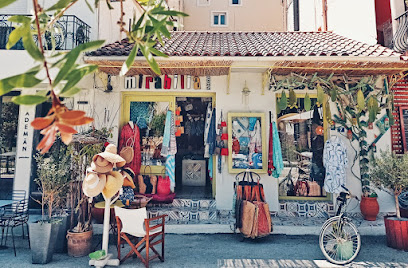
ACROBAT Fashion
Explore ACROBAT Fashion in Zakinthos for the latest in women's clothing, boutique finds, and a unique shopping experience.
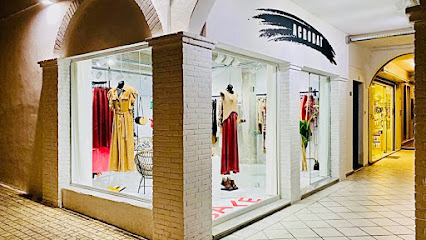
oneiropolis handmade shop
Explore the enchanting world of handcrafted jewelry and unique fashion accessories at Oneiropolis in Zakinthos, where every piece tells a story.
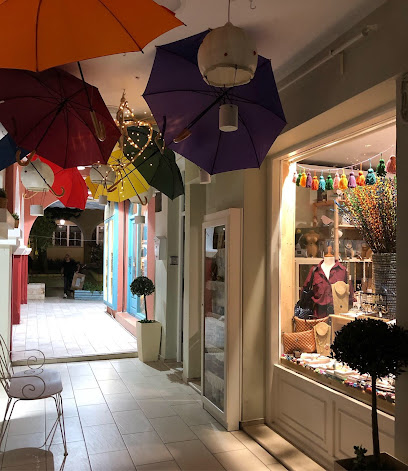
Zante Galeria
Discover Zante Galeria in Argassi for unique souvenirs that embody the essence of Zakynthos and make your travels truly memorable.
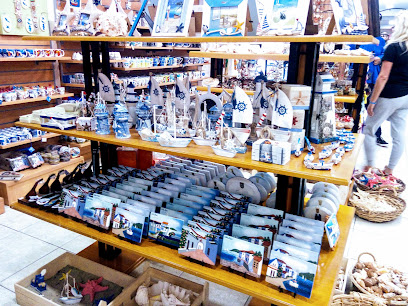
Nãlu concept store
Explore the charm of Zakynthos at Nãlu Concept Store, where unique local treasures and handcrafted items await your discovery.

Dot
Explore the chic and stylish offerings at Dot Boutique in Zakinthos, where elegance meets contemporary fashion in a delightful shopping experience.
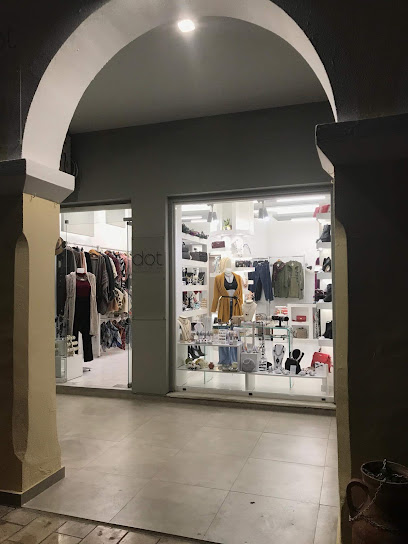
Yria handmade Tsilivi
Explore unique handcrafted fashion at Yria Handmade Tsilivi in Planos, Greece, where every piece tells a story of local artistry and tradition.
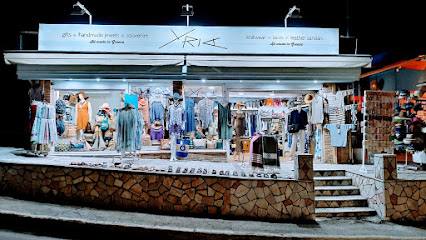
Essential bars & hidden hideouts
Porto Azzuro Beach Bar
Discover the ultimate beachside escape at Porto Azzuro Beach Bar in Vasilikos, where relaxation meets exquisite Mediterranean flavors.
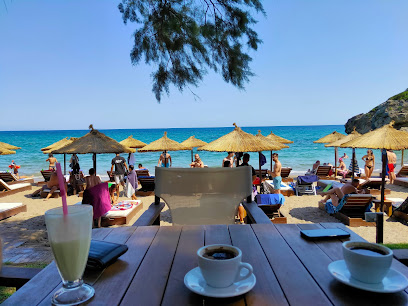
Thirty-four
Discover the lively spirit of Zakinthos at Thirty-four Bar - a perfect blend of local charm and refreshing drinks.
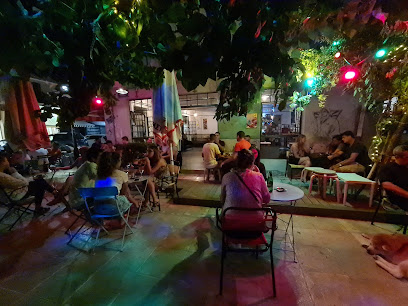
Paradise Cocktail Bar
Experience vibrant nightlife at Paradise Cocktail Bar in Planos, Zakynthos, with delicious cocktails, karaoke fun, and a refreshing poolside atmosphere.
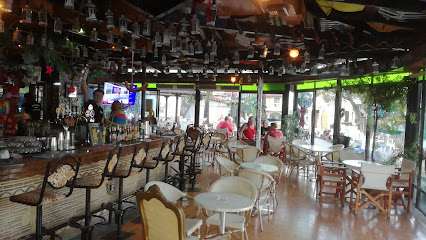
MANOO Raw Bar - Club Zakynthos
Discover a culinary haven and vibrant nightlife at MANOO Raw Bar in Zakynthos, where exquisite seafood meets electrifying dance vibes.
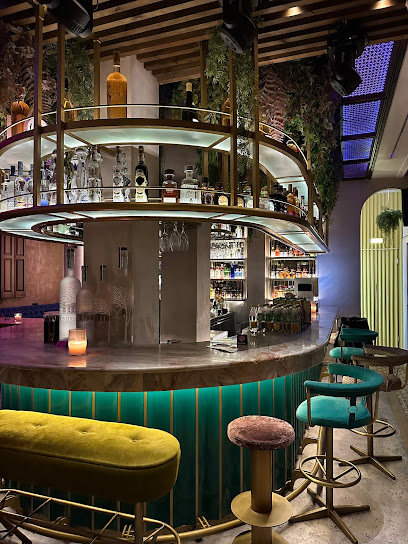
Barralu
Experience vibrant nightlife at Barralu, Zakinthos’ favorite bar for stunning views, refreshing cocktails, and a lively atmosphere.
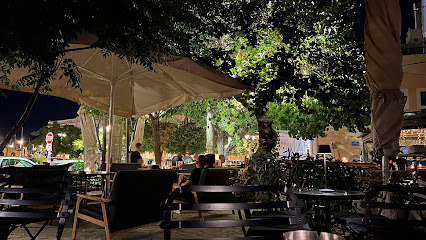
Mill Bar
Experience the vibrant nightlife of Zakynthos at Mill Bar, where great drinks and a lively atmosphere await you.
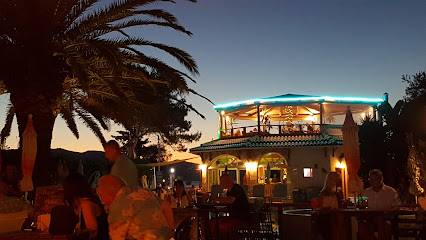
The Summertime
Discover the vibrant nightlife at The Summertime, a lively pub in Zakynthos offering delicious drinks and an unforgettable atmosphere.
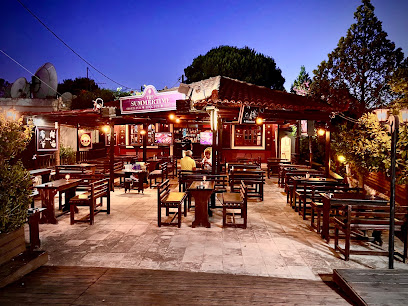
Kaliva Pub
Savor authentic Greek cuisine and vibrant culture at Kaliva Pub, a charming traditional restaurant in the heart of Planos, Greece.
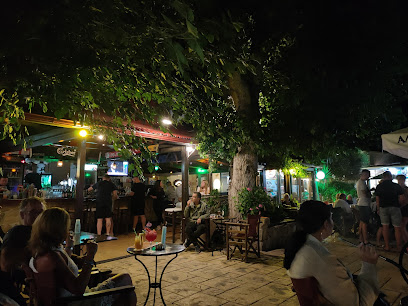
The Breeze Bar
Discover the perfect retreat at The Breeze Bar in Planos, where stunning views and delightful drinks come together for an unforgettable experience.
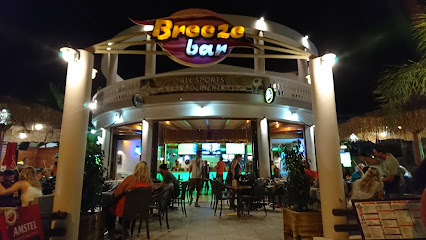
Bitters Cocktail & Wine Bar
Experience the finest cocktails and exquisite wines at Bitters Cocktail & Wine Bar, a premier destination for nightlife in Zakinthos, Greece.
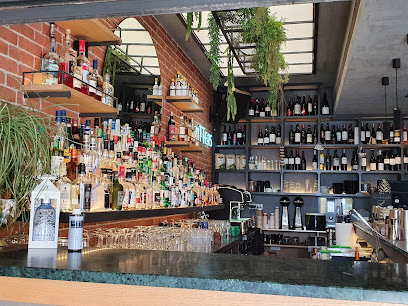
Black Pearl Pub
Experience the vibrant atmosphere at Black Pearl Pub in Kalamaki, where friendly service meets an extensive drink menu in a charming setting.
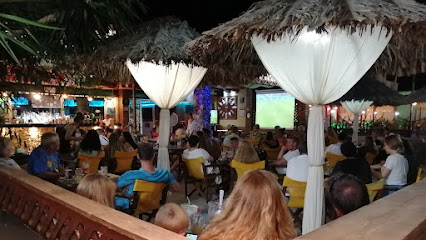
Milos pub
Discover the vibrant nightlife at Milos Pub in Zakinthos, a perfect blend of drinks, relaxation, and a unique hookah experience.
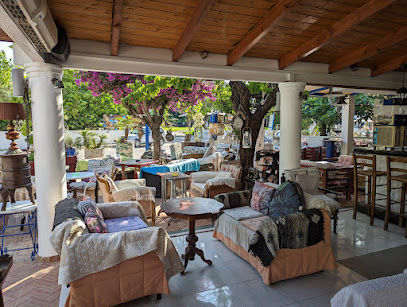
Amígos
Experience the vibrant nightlife of Zakynthos at Amígos Bar, where great music, delicious cocktails, and a friendly atmosphere await you.
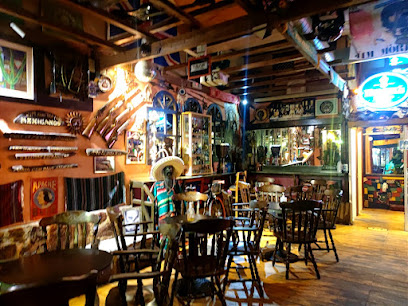
The Pub
Experience the vibrant nightlife of Laganas at The Pub, where live music and great drinks create unforgettable memories.
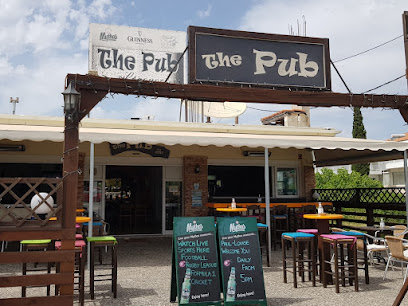
Travel experiences inspired by this city
Explore more travel diariesLocal Phrases
-
- HelloΓεια σας
[Yia sas] - GoodbyeΑντίο
[Adio] - YesΝαι
[Ne] - NoΌχι
[Ochi] - Please/You're welcomeΠαρακαλώ
[Parakalo] - Thank youΕυχαριστώ
[Efharisto] - Excuse me/SorryΣυγγνώμη
[Signomi] - How are you?Πώς είστε;
[Pos iste?] - Fine. And you?Καλά. Εσείς;
[Kala. Esis?] - Do you speak English?Μιλάτε αγγλικά;
[Milate anglika?] - I don't understandΔεν καταλαβαίνω
[Den katalaveno]
- HelloΓεια σας
-
- I'd like to see the menu, pleaseΘα ήθελα να δω το μενού, παρακαλώ
[Tha ithela na do to menou, parakalo] - I don't eat meatΔεν τρώω κρέας
[Den troo kreas] - Cheers!ΥΓΕΙΑ!
[Yia] - I would like to pay, pleaseΘα ήθελα να πληρώσω, παρακαλώ
[Tha ithela na plirosso, parakalo]
- I'd like to see the menu, pleaseΘα ήθελα να δω το μενού, παρακαλώ
-
- Help!Βοήθεια!
[Voithia!] - Go away!Φύγε!
[Fiye!] - Call the Police!Καλέστε την αστυνομία!
[Kaleste tin astinomia!] - Call a doctor!Καλέστε γιατρό!
[Kaleste yatro!] - I'm lostΈχω χαθεί
[Eho hathi] - I'm illΕίμαι άρρωστος
[Ime arrostos]
- Help!Βοήθεια!
-
- I'd like to buy...Θα ήθελα να αγοράσω...
[Tha ithela na agoraso...] - I'm just lookingΑπλά κοιτάω
[Apla kitao] - How much is it?Πόσο κοστίζει;
[Poso kostizi?] - That's too expensiveΑυτό είναι πολύ ακριβό
[Afto ine poli akribo] - Can you lower the price?Μπορείτε να μειώσετε την τιμή;
[Borite na miosete tin timi?]
- I'd like to buy...Θα ήθελα να αγοράσω...
-
- What time is it?Τι ώρα είναι;
[Ti ora ine?] - It's one o'clockΕίναι μία ώρα
[Ine mia ora] - Half past (10)Μισή (10)
[Misi (dekka)] - MorningΠρωί
[Proi] - AfternoonΑπόγευμα
[Apoyevma] - EveningΒράδυ
[Vradi] - YesterdayΧθες
[Hthes] - TodayΣήμερα
[Simera] - TomorrowΑύριο
[Avrio] - 1Ένα
[Ena] - 2Δύο
[Dio] - 3Τρία
[Trιa] - 4Τέσσερα
[Tessera] - 5Πέντε
[Pente] - 6Έξι
[Exi] - 7Επτά
[Epta] - 8Οχτώ
[Ochto] - 9Εννιά
[Enia] - 10Δέκα
[Deka]
- What time is it?Τι ώρα είναι;
-
- Where's a/the...?Πού είναι ένα/το...;
[Pou ine ena/to...?] - What's the address?Ποια είναι η διεύθυνση;
[Pia ine i diefthinsi?] - Can you show me (on the map)?Μπορείτε να μου δείξετε (στο χάρτη);
[Borite na mou dixete (sto charti)?] - When's the next (bus)?Πότε είναι το επόμενο (λεωφορείο);
[Pote ine to epomeno (leoforeio)?] - A ticket (to ....)Ένα εισιτήριο (προς ....)
[Ena isitirio (pros ....)]
- Where's a/the...?Πού είναι ένα/το...;
History of Zakynthos
-
Zakynthos, also known as Zante, has a rich history that dates back to ancient times. The island was mentioned by Homer in the Iliad and the Odyssey, and it was first settled by the Arcadians. Known for its strategic location, Zakynthos became a significant player in maritime trade in the Mediterranean.
-
During the classical and Hellenistic periods, Zakynthos was an ally of Athens and later came under the influence of various other Greek states. The island prospered due to its fertile land and became renowned for its vineyards and olive groves. It also produced notable poets and philosophers, contributing to the cultural landscape of ancient Greece.
-
Zakynthos fell under Roman rule in 146 BC and later became part of the Byzantine Empire. During this time, the island saw the construction of numerous churches and fortifications. It served as a crucial outpost in the Byzantine defense system against various invaders, including the Goths and Arabs.
-
In 1484, Zakynthos was ceded to the Republic of Venice. Under Venetian rule, which lasted until 1797, the island experienced significant cultural and economic growth. The Venetians fortified the town and built the iconic Kastro fortress. The period also saw the flourishing of arts and literature, with the development of the Ionian school of music and painting.
-
After the fall of Venice, Zakynthos briefly came under French control in 1797, followed by Russian and Ottoman rule. In 1815, the island became a British protectorate as part of the United States of the Ionian Islands. The British introduced various administrative reforms and developed infrastructure, including roads and public buildings.
-
In 1864, Zakynthos, along with the other Ionian Islands, was unified with the Kingdom of Greece. This period marked the beginning of significant political and social changes, as the island integrated into the modern Greek state. Zakynthos continued to develop economically and culturally, contributing to the national identity of Greece.
-
During World War II, Zakynthos was occupied by Italian and German forces. The island's Jewish population was famously protected by the local bishop and mayor, who refused to hand over a list of Jews to the Nazis. In 1953, a devastating earthquake struck Zakynthos, destroying much of the island's infrastructure. The rebuilding process was arduous, but it led to the modernization of Zakynthos.
-
Today, Zakynthos is a vibrant island known for its stunning natural beauty, including the famous Navagio Beach and the Blue Caves. Tourism plays a significant role in the local economy, drawing visitors from around the world. Despite modern developments, the island retains its rich cultural heritage, with numerous festivals, traditional music, and dance.
Zakynthos Essentials
-
Zakynthos (also known as Zante) is accessible by both air and sea. Zakynthos International Airport, located near the capital city of Zakynthos, receives flights from Athens and various European cities. Alternatively, you can take a ferry from the mainland port of Kyllini, which offers regular services to Zakynthos. The ferry ride typically takes about an hour.
-
Getting around Zakynthos is relatively easy. The island has a network of buses that connect the main towns and tourist spots. Taxis are also available and can be a convenient option. For more flexibility, consider renting a car or a scooter. Keep in mind that some of the roads can be narrow and winding. Bicycles are another popular mode of transportation, especially in more tourist-friendly areas.
-
The official currency in Zakynthos is the Euro (EUR). Credit and debit cards are widely accepted in hotels, restaurants, and larger shops. However, it is advisable to carry some cash for smaller establishments and rural areas. ATMs are readily available in towns and tourist areas, but it’s recommended to withdraw sufficient cash if you plan to venture into less populated regions.
-
Zakynthos is generally a safe destination for tourists. However, as with any popular tourist spot, it is important to stay vigilant. Petty crimes like pickpocketing can occur, especially in crowded areas such as beaches and markets. Avoid walking alone late at night in isolated areas and always keep an eye on your belongings. There are no specific high-crime neighborhoods targeting tourists, but staying cautious is always advisable.
-
In case of an emergency, dial 112 for immediate assistance. Zakynthos has a hospital located in the capital city, and several medical clinics and pharmacies are scattered around the island. It is highly recommended to have travel insurance that covers medical emergencies. For minor health issues, local pharmacies can provide over-the-counter medications.
-
Fashion: Do dress modestly when visiting religious sites. Avoid overly revealing clothing. Religion: Do show respect for local customs and traditions. Cover your head when entering churches. Public Transport: Do be courteous and offer your seat to elderly passengers. Don't eat or drink on public transport. Greetings: Do greet people with a friendly 'Kalimera' (Good Morning) or 'Kalispera' (Good Evening). A handshake is also common. Eating & Drinking: Do try local dishes and accept food and drink offerings graciously. Don't refuse hospitality, as it is considered rude.
-
To experience Zakynthos like a local, visit the traditional villages such as Keri and Volimes, where you can buy handmade crafts and local produce. Engage with locals, as they are usually friendly and eager to share stories about the island. Don't miss the opportunity to explore hidden gems like the Blue Caves and Shipwreck Beach. For a unique experience, try to attend a local festival or feast ('Panigiri'), which often features live music, dancing, and delicious traditional food.
Trending Landmark in Zakynthos
Nearby Cities to Zakynthos
-
Things To Do in Olympia
-
Things To Do in Patras
-
Things To Do in Kalamata
-
Things To Do in Delphi
-
Things To Do in Nafplio
-
Things To Do in Lamia
-
Things To Do in Ioannina
-
Things To Do in Corfu
-
Things To Do in Meteora
-
Things To Do in Saranda
-
Things To Do in Larissa
-
Things To Do in Athens
-
Things To Do in Volos
-
Things To Do in Gjirokastër
-
Things To Do in Tepelenë















